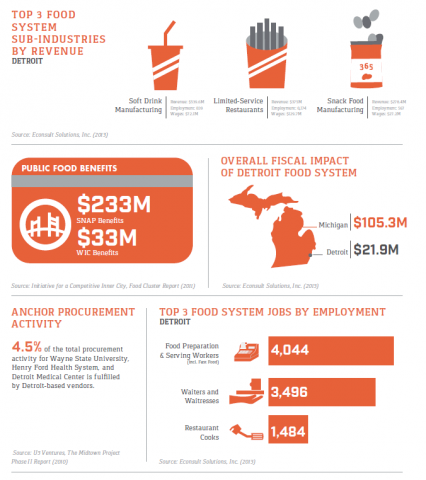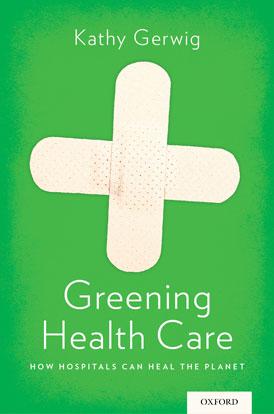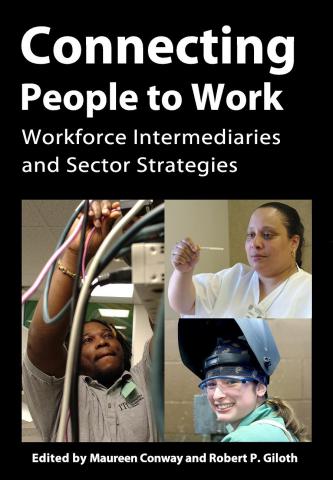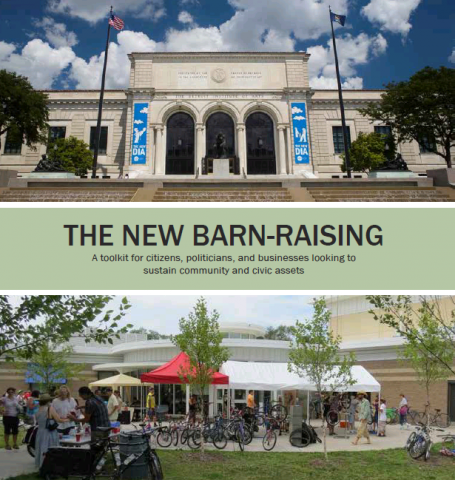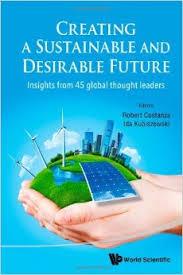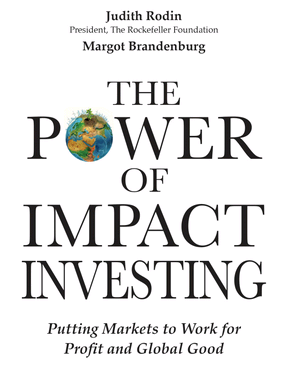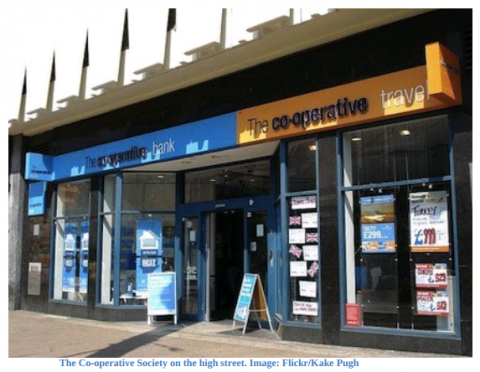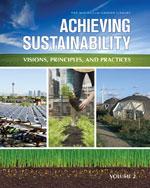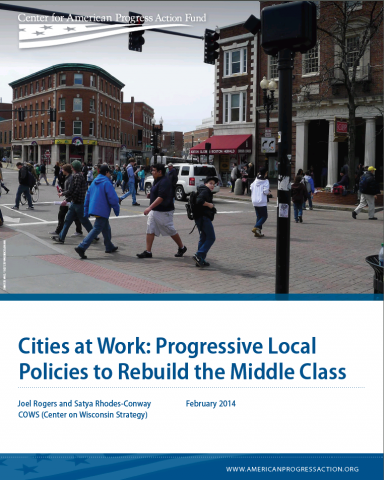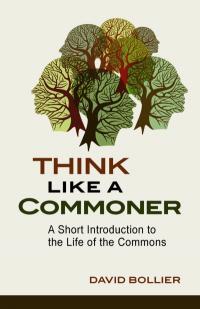The food economy in Detroit is already the city’s third largest economic sector, and is poised to be the next largest growth sector for the city, note Econsult Solutions, Inc. and Urbane Development in a report written on behalf of The Detroit Food and Fitness Collaborative. In their report, the authors outline several strategies to foster equitable growth, including connecting local, small-scale food producers and manufactures to anchor institution demand. Only by engaging Detroiters and supporting the local, small, and medium sized actors in the system, the report argues, will food sector growth be effective in creating jobs and building community wealth for Detroit residents.
